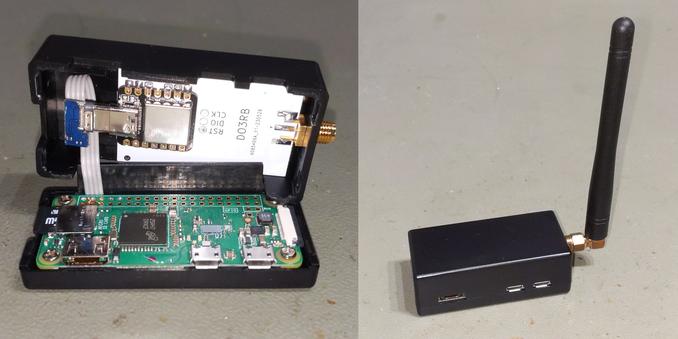Inline-asm poll.
GCC is looking how to improve __builtin_unreachable behavior by maybe expanding it to a trap instruction instead of following through to the next function.
So the original reason why __builtin_unreachable[https://gcc.gnu.org/PR39252] was added was to mark inline-asm as not "returning" for use inside the Linux Kernel.
There was an old patch (https://gcc.gnu.org/legacy-ml/gcc-patches/2000-01/msg00190.html) which adds "pc" as a clobber to do it too.
Though with the raise of attributes, maybe it is better to use an attribute on the inline-asm.
So the poll is what syntax would be better.
Please spread this wide. I will doing a more formal poll on both GCC's mailing list and LLVM discourse next week after this informal poll is finished but I want to get some ideas/inputs here first before I submit a RFC. I will implementing the GCC side of things and hope someone on the LLVM will pickup the LLVM side.

